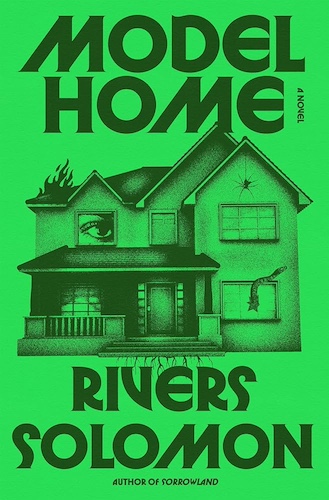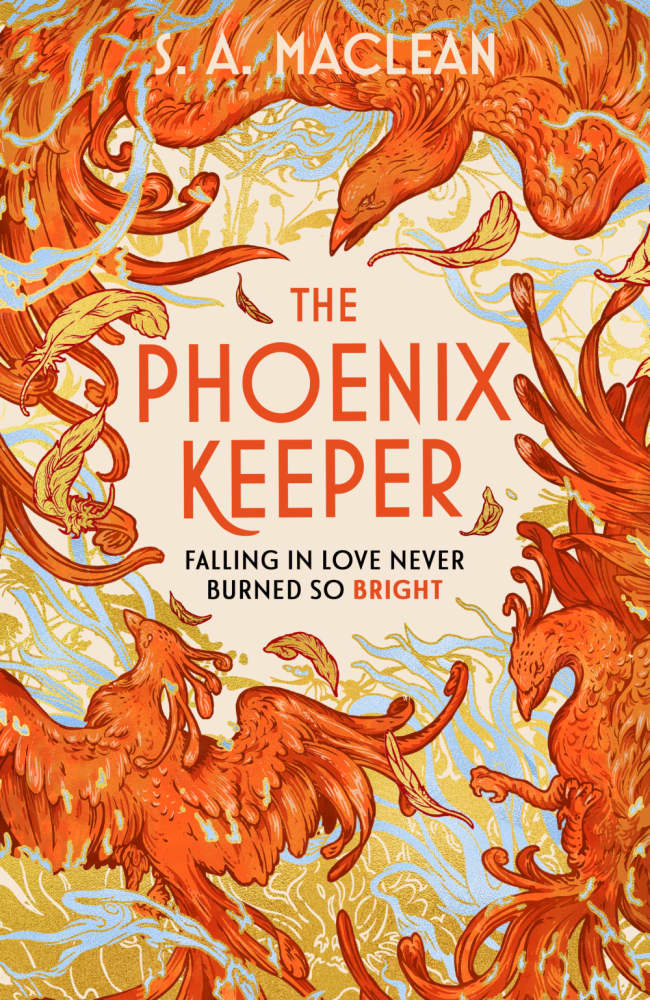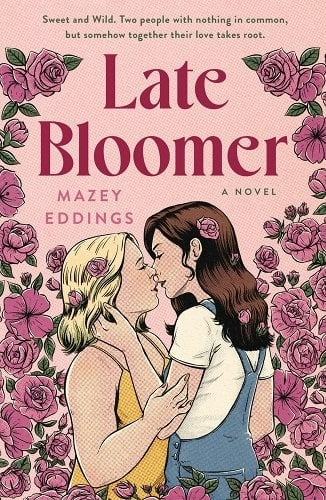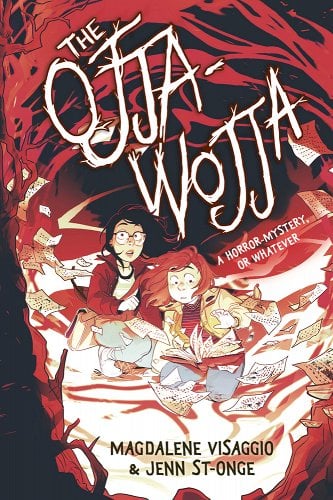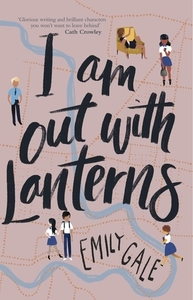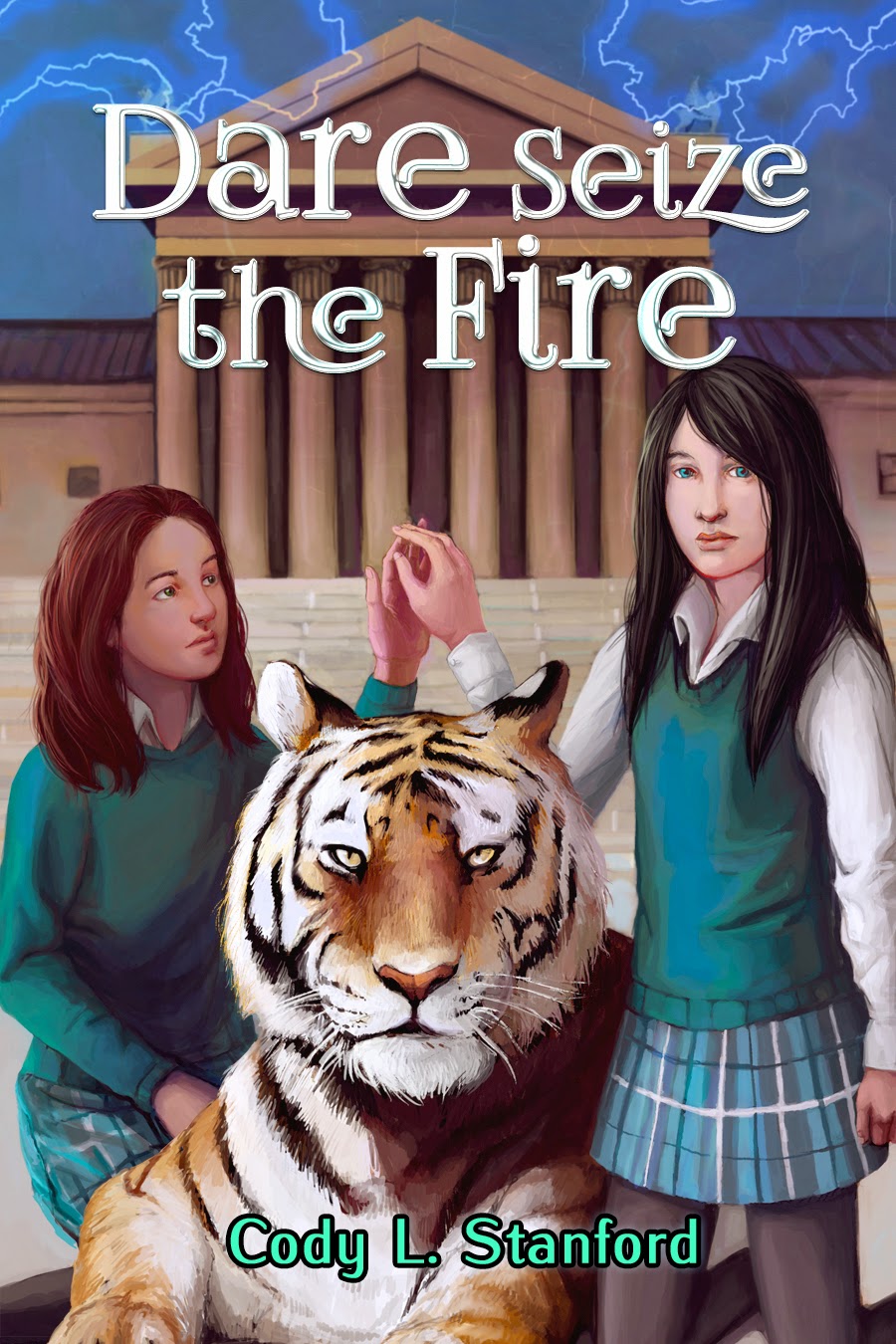This was my first Rivers Solomon book, and from the first page, I understood why I’d heard such good things about them. Here are the opening lines: “Maybe my mother is God, and that’s why nothing I do pleases her. Maybe my mother is God, and that’s why even though she’s never once saved me,Read More
Queer Cozy Fantasy with Magical Animal Shenanigans: The Phoenix Keeper by S.A. MacLean
Buy this from Bookshop.org to support local bookstores and the Lesbrary! I’m animal lover who’s always looking for more cozy queer fantasy, so this book seemed tailor made for me. It follows Aila, a phoenix keeper at a magical zoo who is trying to restart their phoenix breeding program to help bring the phoenixes backRead More
Who is Worthy of Survival at the End of the World? On the Edge of Gone by Corinne Duyvis
Buy this from Bookshop.org to support local bookstores and the Lesbrary! I want to preface this with that I read this for my Bi Book Club and it turns out the bisexual character is a supporting one, not the main one. So I will focus this review on that relationship. This was a really goodRead More
A Blossoming, Neurodiverse Love: Late Bloomer by Mazey Eddings
Buy this from Bookshop.org to support local bookstores and the Lesbrary! After winning the lottery, Opal Devlin puts all her money in a failing flower farm, only to find an angry (albeit gorgeous) Pepper Boden already living there. Though she’s unable to find her grandmother’s will, Pepper claims she’s the rightful owner of Thistle andRead More
When Your Hyperfixation is Sapphic Books: A Shortlist of Sapphic Autistic Narratives
I recently read a report from the University of Cambridge about how autistic people are more likely to be queer than allistic people, with specifically autistic female-identifying people being three times as likely to identify as some form of queer. If you are interested in reading more about this, you can read the abstract. ThisRead More
Nat reviews Her Royal Happiness by Lola Keeley
Amazon Affiliate Link | Bookshop.org Affiliate Link If there’s a perfect time to read about the English monarchy and all its drama, well, it’s probably right now. Her Royal Happiness is low on the angst without glossing over the big ticket issues. Classism, racism, colonialism—Keeley touches on them all, without ever delving too far into seriousRead More
Kayla Bell reviews The Fallen by Ada Hoffmann
Remember last month, when I said that I love the publisher Angry Robot and the book that made me fall in love with them was Ada Hoffman’s The Outside? Well, manifesting works, because this month, I get to review The Fallen, The Outside’s sequel. This review will include some spoilers for The Outside, so IRead More
Bee reviews I am Out With Lanterns by Emily Gale
I often see people complaining that there is no WLW equivalent to Aristotle and Dante Discover the Secrets of the Universe. I’m not really sure what the complaint is about: the popularity of the books? The tone? The content? The writing? I think that what people mean when they say this is that they areRead More
Danika reviews Queens of Geek by Jen Wilde
This. Was. Adorable. I was between rating this 4 stars or 5, but I couldn’t think of anything that I would change about it to improve it, so I guess that makes it an automatic 5 stars! Queens of Geek follows two point of view characters, Charlie and Taylor, as well as their friend Jamie.Read More
Marthese reviews Dare Seize the Fire by Cody L. Stanford
“gifts sometimes come with sharp edges” Dare Seize the Fire is a young adult adventure book with a hint of fantasy. The story is set in Philadelphia and follows Katie Zielinski which is also called Kasia, Katarzyna, Kat and my favourite: cutie-Kat. On her way home, Katie finds an escaped tiger and connects with him.Read More
